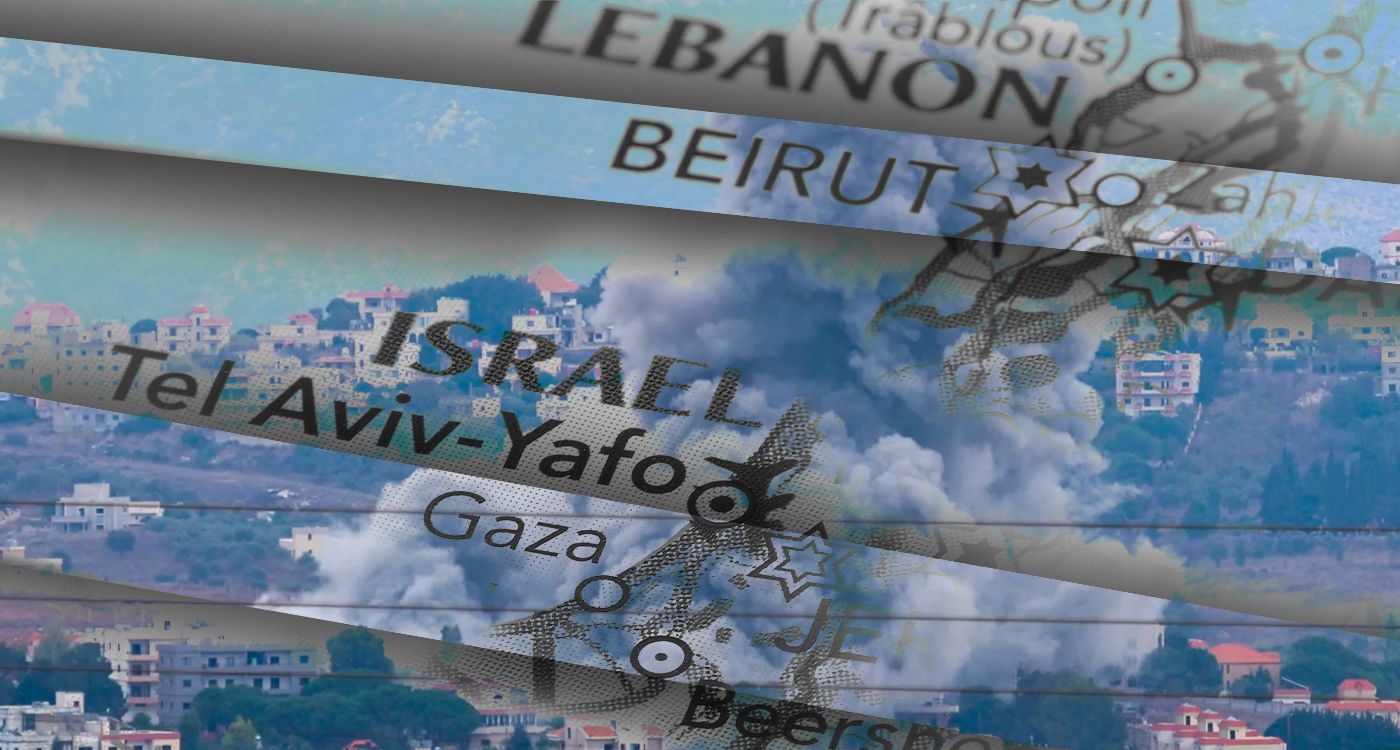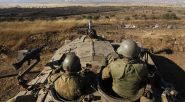
Benjamin Netanyahu has hit a major target—possibly his third or fourth in under a month—by eliminating Yahya Sinwar, following the earlier killings of Ismail Haniyeh, Hassan Nasrallah, and likely Hashem Safieddine. Sinwar’s assassination has reshaped the region’s political landscape, opening the door to new possibilities. The situation post-Sinwar remains unclear: Who will succeed him? What will become of Hamas and Gaza? How will negotiations on hostages and a ceasefire proceed now that Netanyahu has eliminated the architect of the Al-Aqsa Flood operation? Will Hamas remain aligned with Iran and maintain control over Gaza, or will it return to the Arab fold under the Palestinian Authority?
An Arab diplomat notes that Sinwar's assassination has further emboldened Netanyahu’s military ambitions, as he continues to target Iran’s military arms in the region. With the southern front weakened, Iran is now managing the battlefield through elements of the Revolutionary Guard, indicating further escalation. The southern Lebanese front was opened in solidarity with Gaza, but who will support it now that Sinwar is gone?
Iran, which manages the various battlefields, has tried to reflect its control on the ground through political negotiations. This was evident when Iranian Parliament Speaker Mohammad Bagher Ghalibaf announced that "Iran is ready to negotiate with France regarding the implementation of Resolution 1701." Lebanese caretaker Prime Minister Najib Mikati quickly responded, calling Ghalibaf's stance an interference in Lebanese affairs and an unacceptable attempt to impose Iranian tutelage over Lebanon. Mikati emphasized that negotiations are the responsibility of the Lebanese state and that everyone should support it. Despite the official objections, Ghalibaf reiterated a similar position, stating that the Supreme Leader, Iranian officials and the Iranian people are the fundamental pillars of the Lebanese.
These developments have accelerated another visit by US Secretary of State Antony Blinken to the region as part of his efforts to achieve a ceasefire in Gaza and Lebanon, secure humanitarian aid for Gaza and facilitate the release of hostages before the November 5 US elections—a move likely aimed at boosting Kamala Harris' electoral prospects. However, it is expected that Netanyahu will not agree to a ceasefire unless his conditions are met: the release of Israeli prisoners, the disarmament of Hezbollah in favor of the Lebanese army and placing Gaza under international or Arab forces' control.
Hezbollah sources indicate that Israel is implementing a scorched-earth policy in southern Lebanon, with a depth of 4 kilometers. Israel is destroying homes and institutions and burning crops, including olive trees, to make the return of displaced persons impossible. This scenario facilitates the transfer of the Shia population abroad to countries like Iraq, Iran and Syria. Statistics suggest that over 150,000 people have left Lebanon since the conflict escalated.
A Western military official relayed that Israeli officials say they have no trust in Lebanese leaders because the state is under Iranian occupation and its officials live in a state of denial. According to the Israelis, Iran holds power through Hezbollah, and Lebanon demands the implementation of Resolution 1701 without adhering to it first. As a result, Israel no longer believes in the guarantees and assurances provided by Lebanon. The only guarantee, according to the Israelis, is Hezbollah handing over its weapons to the state and focusing solely on political activities like other parties. Israel warns Lebanon against allowing Hezbollah members to enter state institutions with their weapons under the guise of "border brigades," similar to the Popular Mobilization Forces in Iraq, a faction of the Iraqi army.
Meanwhile, Western observers believe that Lebanese officials are unaware of the shifting dynamics and certain realities, as they continue to call for a ceasefire, a consensual president and full implementation of Resolution 1701. According to the opposition, a consensual president would mean allowing Hezbollah to keep its weapons under his protection and work on a defensive strategy to benefit from the party's capabilities. This is why opposition forces reject the idea of a consensual president, viewing it as excessive cunning and wordplay.
Amid this complexity, France has stepped in with a proposal that includes a ceasefire, the election of a president and the deployment of the Lebanese army in the south alongside UNIFIL to enforce Resolution 1701.
Israel, for its part, believes that the battlefield will dictate the terms of any solution by achieving victories that will create a new reality, compelling the incoming US administration to engage with it. This would set the stage for a new Middle Eastern order based on a two-state solution, establishing an independent Palestinian state with East Jerusalem as its capital. This is the current goal being pursued.
As for Lebanon, there is international and regional pressure to uphold the Taif Agreement, as it is seen as the lifeline—Lebanon with its Christians and Muslims remains a "message to the world," as Saint Pope John Paul II described it, a "message of peace and love, and a model for interfaith and intercultural dialogue." This is Lebanon's role and message, which is why the founding figures of Lebanon's independence insisted on its neutrality in regional conflicts so it could remain a refuge and a model.



Comments